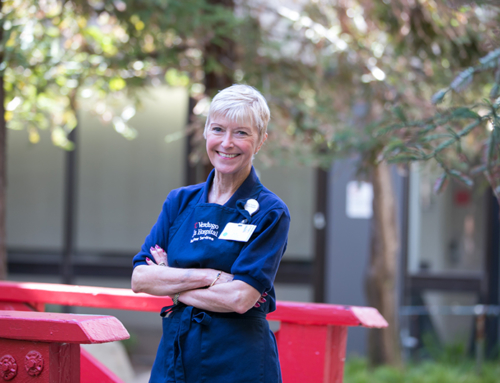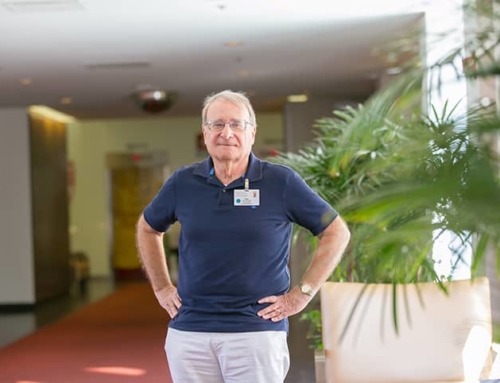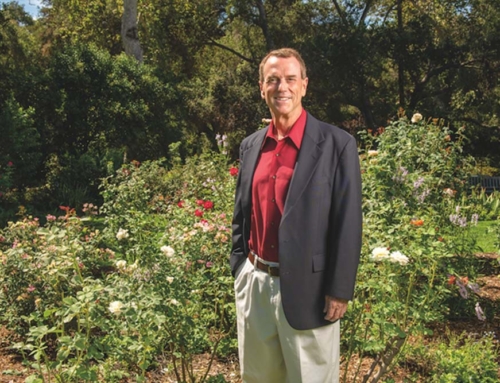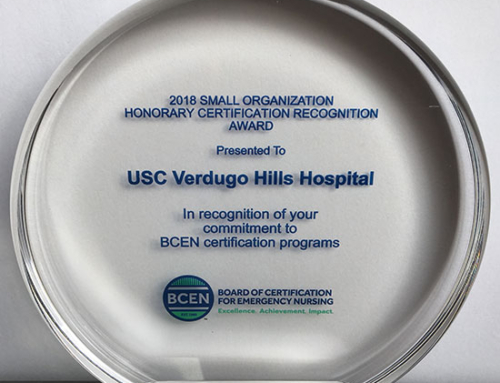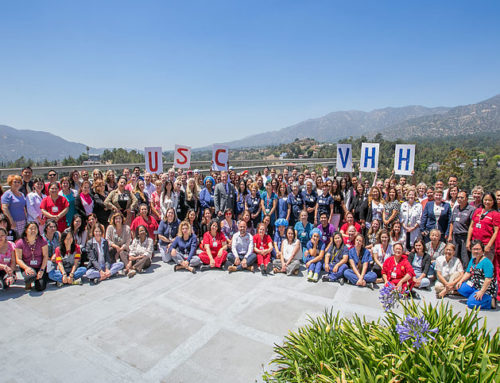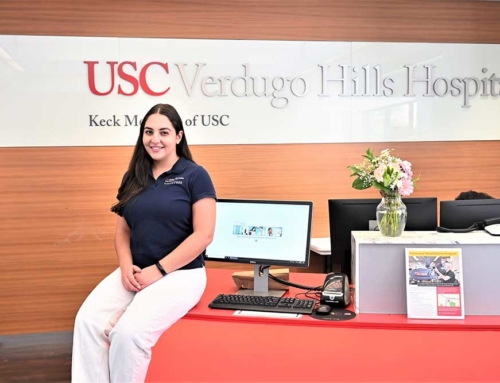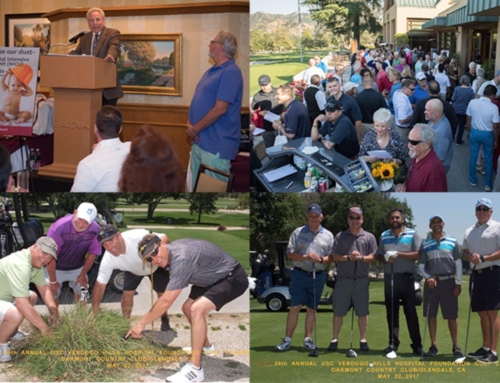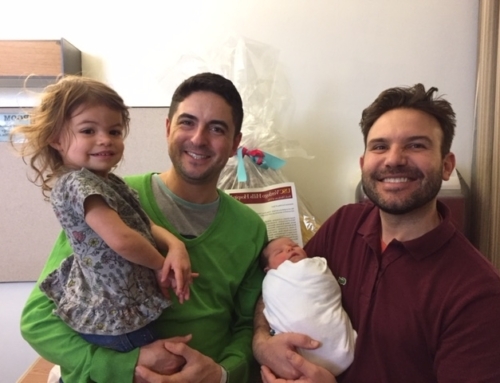Older patients with a mental health diagnosis may feel helpless if traditional weekly therapy no longer meets their needs. For these patients and their families, a holistic therapy program at USC Verdugo Hills Hospital offers a solution.
Stepping Stones is a geropsychiatric program at USC Verdugo Hills Hospital that is designed to help relieve emotional and personal distress for individuals age 50 and older.
“Caring for our patients’ mental health is a priority,” states Keith Hobbs, MBA, CEO of USC-VHH. “The Stepping Stones program is an important part of our push to provide holistic medical care for the many communities that surround our medical center, and we will continue to expand the scope of the program’s offerings to reflect the needs of the area.”
Through inpatient and outpatient programs, the experts at USC Verdugo Hills Hospital employ a variety of therapeutic options, including medical management, cognitive behavioral therapy, psychoanalysis, art, music and movement therapy to help patients.
The inpatient unit can accommodate 24 patients, while the outpatient program currently serves 40 patients, with capacity for 75. Outpatients generally attend three or more therapy hours a day for two to four days a week, depending on the need of the patient, for a duration of two to six months.
Stepping Stones provides one-on-one and small group therapy to help patients who are uncomfortable in larger group settings. With techniques like recreational therapy, which involve going for walks and getting outside, patients also slowly learn to socialize again and interact with others.
“Socialization is a huge part of the process in getting patients back into having normal relationships with other people,” says Luke
Jackson, MBA, JD, program director of Stepping Stones. “That’s a really important part of their recovery.”
The program continues to strive to improve treatment methods and patient outcomes. The nursing staff uses communication techniques developed specifically for patients with mental health diagnoses or cognitive impairment. The existing forms of therapy, such as music, help patients go beyond passivity to being more interactive.
Stepping Stones also works to help patients with dementia regain their memories through creative therapy methods and allow them to maintain as much independence as possible. For example, memories often can be accessed through smell, music or movement.
“There’s something magical about the whole thing,” Jackson says. “It’s so rewarding to see.”
By Adriana Cho




